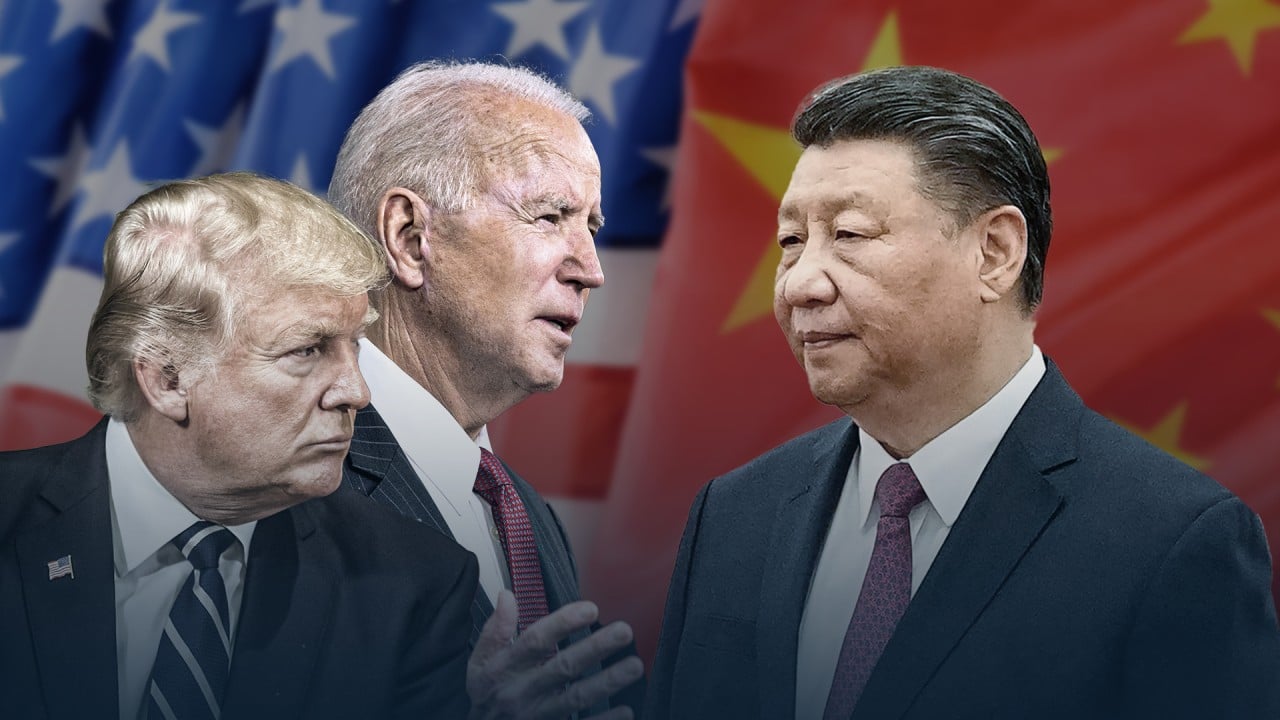
Exclusive | ‘Europe will not forget’: euro-zone rescue fund official recalls Asia’s help with financial crisis in 2010s
- ESM CFO Kalin Anev Janse says China was among the countries that showed a very strong commitment to Europe at that time
- Beijing, Brussels and Washington must work together to benefit economies and people, he says ahead of this week’s EU-China Summit
China has been one of Europe’s “incredibly important” investors and the two economies should continue to work together on finance despite geopolitical tensions, according to the chief financial officer of the euro zone’s permanent rescue fund.
In 2011, the first year when the agency’s predecessor the European Financial Stability Facility (EFSF) went to the bond markets, 37 per cent of their bonds were bought by Asian investors.
That showed “a very strong commitment” by Asia, including China, to support Europe in the euro crisis, Anev Janse said in an interview with the South China Morning Post in Beijing on Friday.
“This is something we will not forget,” he said.
The Luxembourg-based agency is owned by the 20 euro-area countries but is not a European Union institution.
It replaced the temporary EFSF in 2012 to provide loans to financially distressed member countries and safeguard the long-term financial stability in the euro area by raising funds through bond and bill issuances on the global markets.
Last week’s trip – the first by a group from the fund to China since the Covid-19 pandemic – was to show the emphasis the organisation put on Asia, Anev Janse said.
“Why we come here is because Asia has been incredibly important for us as an investor for the ESM,” he said.
The engagement comes amid a chorus of geopolitical concerns in Europe about doing business with China and resistance in Beijing to the EU’s “de-risking” policies.
China has not released specific data for European investment in China but Sun Yongfu, former head of European affairs at the Chinese Ministry of Commerce, told a forum in Beijing in October that it rose this year.
Sun said European investment in the country’s non-financial sectors rose 8.9 per cent from a year earlier to US$9.2 billion in the first nine months of the year while China’s investment in Europe grew 13.8 per cent to US$5.9 billion.
Nevertheless, bilateral trade relations were in a “very dangerous place”, Sun said.
Anev Janse said that as three large economic and financial world powers, Europe, China and the United States “have to work together” because it benefited their economies and citizens.
“We have seen that a lot of the wealth that was created in the world was because of globalisation, trade, and collaboration,” he said.
He said there were benefits to “an open relationship” on continued Chinese investment in Europe, because the region was still a strong market for exports from China.
“A strong Europe also means more trade and more trade is good for both sides,” he said.


